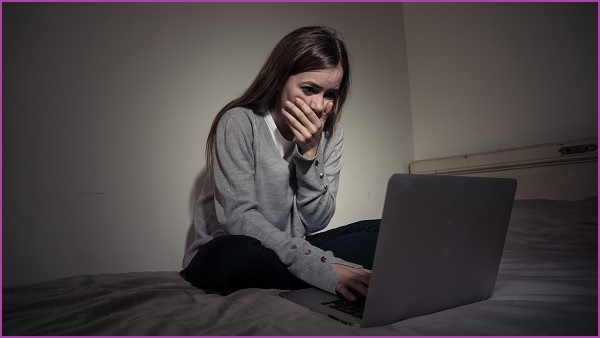Yesterday marked the start of the government’s Stay Smart Online Week – a national campaign encouraging Australians to improve their cyber safety.
According to the Australian Cyber Security Centre, incidents cost Australian businesses up to $29 billion each year, with almost one in three Australian adults impacted by cybercrime in 2018.
Three core strategies underpin the campaign:
- Set your social media accounts to private.
- Use a different password for each of your important online accounts.
- And learn how to spot phishing attempts.
Whose responsibility is cybersecurity?
Individuals, organisations, and government bodies must all work hard to increase cyber security, according to Minister for Defence, Linda Reynolds.
“The Australian Cyber Security Centre sees hundreds of reports daily from businesses, families and individuals who have fallen victim to scams, ransomware, sophisticated fraud or the theft of their intellectual property,” Reynolds said.
“We want to reverse these statistics, but this is a challenge that can only be overcome by working together.”
Not everybody is impressed with the campaign, including Shadow Assistant Minister for Cybersecurity, Tim Watts, who took aim at the government’s handling of its own web services.
“Inexcusably, at least 13 Commonwealth government websites are still being provided to Australians on insecure connections that leave them subject to attacks that redirected them to malicious sites or snoop on the data they send to the site,” Watts said.
“Australians using these websites on Chrome or Firefox internet browsers are currently warned that these Australian government websites are insecure.
“On top of this, the Australian National Audit Office has found that just 29 per cent of Commonwealth government departments are cyber resilient enough to have implemented the basic internal cyber security measures needed to prevent attacks.”
Australia Post was slammed earlier this year for its lackluster cyber security posture.
And the government’s legislative agenda – that has included the Assistance and Access Act and Identity Matching Services Bill – has been criticised by privacy advocates and prominent members of Australia’s tech industry.
CLOUD Act negotiations
Home Affairs Minister, Peter Dutton, chose the first day of Stay Smart Online Week to release a joint statement announcing negotiations with the US to improve Australian agencies' access to data held by US digital platforms through the Clarifying Lawful Overseas Use of Data (CLOUD) Act.
Under the CLOUD Act, the US may enter bilateral agreements with other nations to “ensure effective access to electronic data that lies beyond a requesting country’s reach due to the revolution in electronic communications, recent innovations in the way global technology companies configure their systems, and the legacy of 20th century legal frameworks.”
Dutton said faster access to citizens’ data was necessary for criminal prosecutions.
“Current processes for obtaining electronic information held by service providers in other countries risk loss of evidence and unacceptable delays to criminal justice outcomes,” Dutton said.
“When police are investigating a terrorist plot or serious crime such as child exploitation, they need to be able to move forward without delay, but within the law – and the CLOUD Act strikes exactly that balance.
“We have some way to go before the agreement is finalized, but once in place it will mean service providers based in the United States can respond directly to electronic data requests issued by our enforcement agencies under Australian law for data critical for the prevention, detection, investigation and prosecution of serious crime.”
Turn your computer off
At last week’s MPower cybersecurity conference in Las Vegas, former US Secretary of State, Colin Powell, told a room full of cybersecurity experts to work on giving away less online.
“The safest way to protect a method of communications is to turn it off,” he said.
“I learned this as a young lieutenant. Now I try to get online and offline as fast as I can to minimise the time on-air.
“I think we should all try to shut up a little bit and not give ourselves away to the other side all the time.”










